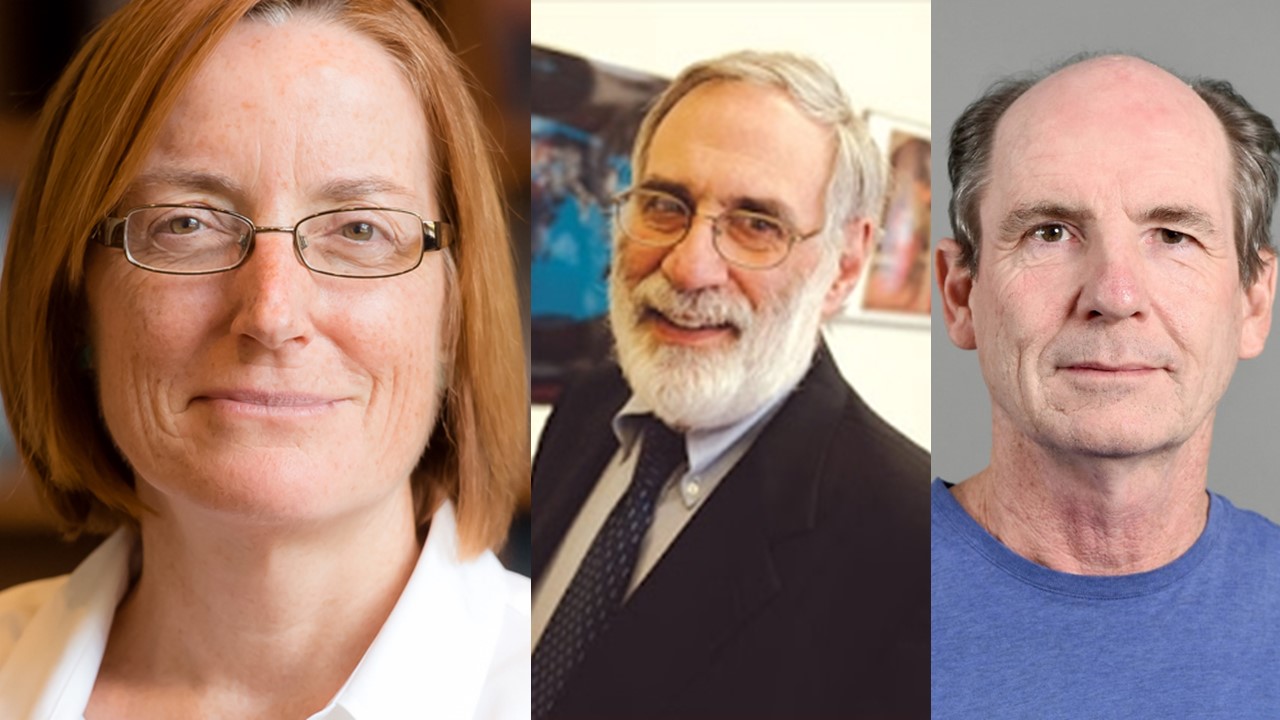John Stuart Mill on Economic Liberty

About the Talk
John Stuart Mill is a giant of philosophy, political thought and economics. As much as any modern thinker his work helps to determine our understanding of liberty. But Mill’s liberty can’t be fully appreciated without also considering his progressive view of political economy. Mill’s futurology lays out the conditions for achieving a society where the largest share of the population enjoys meaningful liberty. Nearly 150 years after Mill, it is clear that Britain (not to mention the United States) has not evolved the way that Mill anticipated. To what extent then must we conclude that liberty, too, has slipped through our hands?
About the Speakers
Sandra J. Peart is president of the International Adam Smith Society, a member of the Reform Club, and a past president of the History of Economics Society, where she began the Young Scholars Program. Her recent books include "Hayek on Mill: The Mill-Taylor Correspondence" and "Related Writings and Escape from Democracy: The Rule of Experts and the Public in Economic Policy," with David Levy. With Levy, she is presently working on a history of the Virginia School of Political Economy. Peart obtained her doctorate in economics from the University of Toronto and began her career as an assistant professor of economics at the College of William and Mary. In 2007, she became dean of the Jepson School of Leadership Studies at the University of Richmond.
Joseph Persky is professor of economics at the University of Illinois at Chicago where he teaches history of economic thought and urban and regional economics. In both fields Persky’s research centers on distributional questions. In history of economic thought his writings include "The Burden of Dependency," an exploration of economic thought in the Southern U.S., and most recently, "The Political Economy of Progress," on John Stuart Mill and the origins of modern radicalism. His latest piece in urban/regional, coauthored with Robert Kaestner and Ryan Gallagher, is “The geography of Family Differences and Intergenerational Mobility,”(Journal of Economic Geography, May, 2018) a critique of recent work on upward mobility. Persky received his PhD in economics from Harvard University in 1971 and has previously taught at Fisk University, Yale University and the University of Alabama in Birmingham.
Peter de Marneffe teaches philosophy at Arizona State University. He is the author of Liberalism and Prostitution (Oxford 2010) and co-author, with Douglas Husak, of The Legalization of Drugs (Cambridge 2005).
Co-sponsored with the Institute for Humane Studies at George Mason University and the School of Civic and Economic Thought and Leadership at ASU.